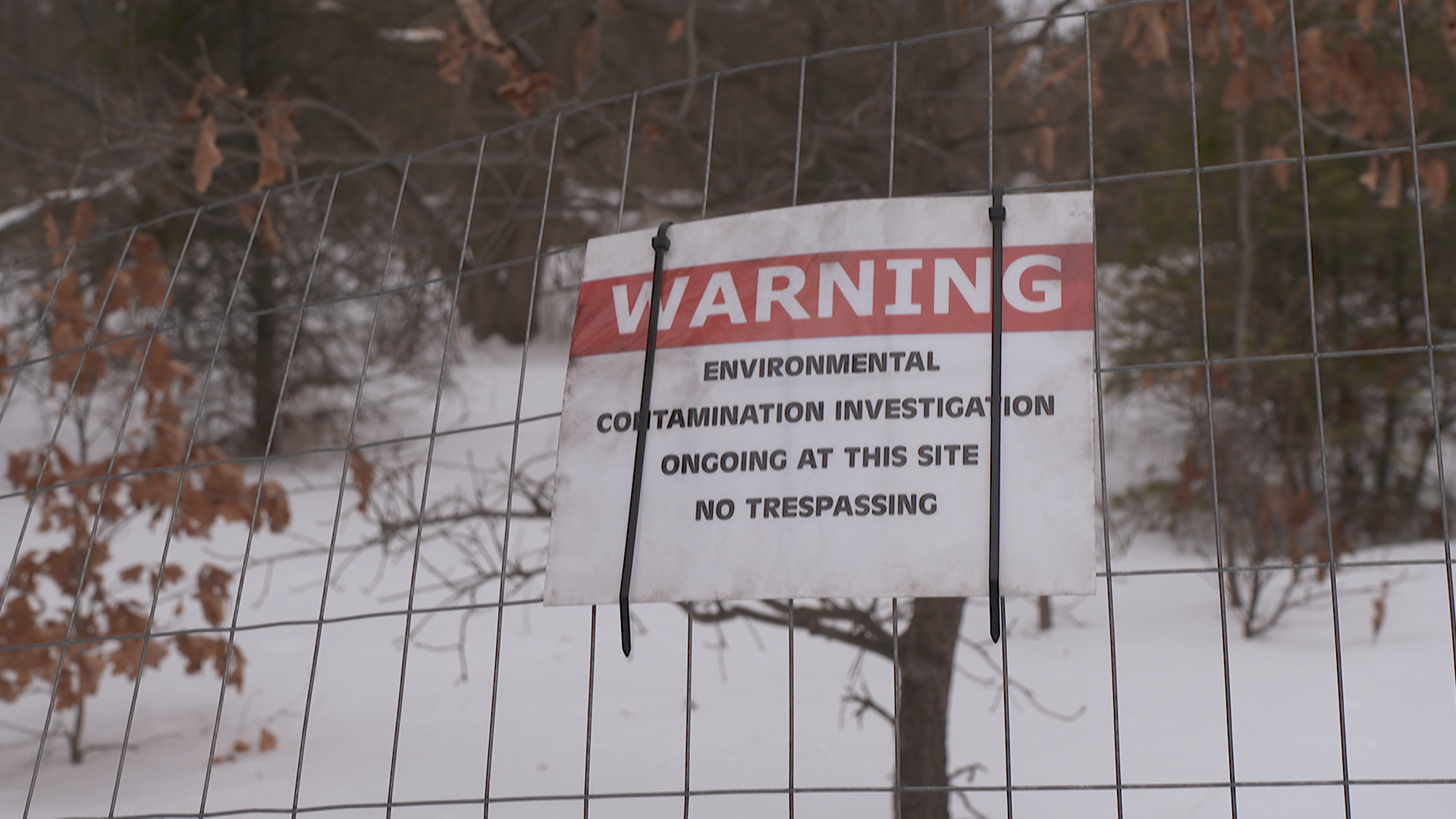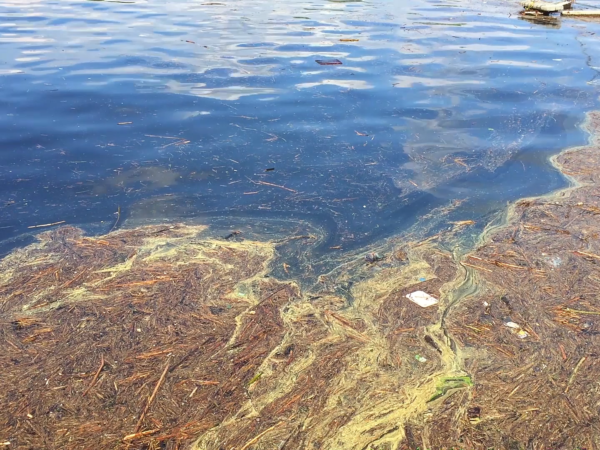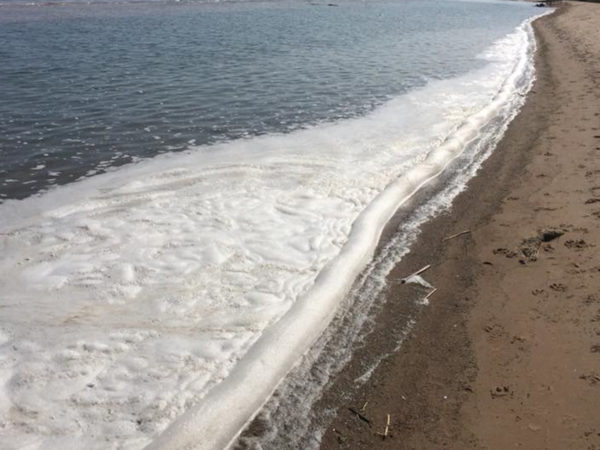
Last week, Eau Claire, Wisconsin finally broke ground on a $20 million PFAS removal facility. The previous year, the city filed a lawsuit against multiples chemical manufacturers, demanding they cleanup after more than half of the city’s wells shutdown in 2021 due to contamination. However, many other municipalities across Wisconsin remain in a state of limbo. Like residents hoping to enjoy the waters in Lake Monona, who in the meantime, are being encouraged by environmental engineers to dodge any areas with foam sitting on top of waters.
In 2023, Wisconsin Gov. Tony Evers signed a law, which set aside $125 million to remediate per- and polyfluorinated substances (PFAS). However, Republicans in the state legislature now disagree to the terms, and it’s been over a year that these funds have been frozen.
“In the absence of Republican leadership, municipalities like Eau Claire are taking great strides towards safe drinking water in our area. However, these efforts will not be enough for the residents of greater Wisconsin. Why should these other cities be in limbo when there are resources waiting to be dispersed?
Wisconsinites expect our government to prioritize their health and their lives over the special interests of PFAS polluters. Water pollution is not a political discussion, and people should be able to drink a glass of water with no worries about their wellbeing.
The Republicans’ decision to hold crucial funding is dangerous and irresponsible. Their decision affects everyone, from our families to our friends to our children. They need to be held accountable for the damage they are doing and must release the PFAS funds now,” wrote Wisconsin State Senator, Jeff Smith on August 21.
Sen. Smith also mentioned how Wisconsin is falling behind other Great Lakes states, in terms of legislation and remediation. Especially Minnesota and Michigan. In a recent article by Politico, environmental advocates wondered if Minnesota Gov. Tim Walz, after helping to sign Minnesota’s ban on “forever chemicals,” might bring more federal PFAS regulations if the Democrats makes it into the oval office this fall. The Guardian reported after Vice-President Kamala Harris nominated Gov. Walz to be her running mate, that while he might not be a household name, Gov. Walz is well recognized in environmental circles.
In June, Michigan Senate passed a bill to restore the Michigan Department of Environment, Great Lakes and Energy (EGLE)’s authority to set water quality standards. This came after nearly two decades of struggling to set critical water quality regulations. A necessary update, as more and more municipalities announce unhealthy levels of “forever chemicals” like in Detroit, Kalamazoo, and near the Paw Paw River.
More PFAS news in case you missed it:
- In Illinois, in areas from Mt. Vernon to Metro East to Rockford, communities are finding they have contaminated drinking water above the U.S. Environmental Protection Agency (EPA)’s legal limit. Crystal Clean, an environmental and waste management service based in Illinois, has completed its largest PFAS remediation project to date.
- Indiana’s University of Notre Dame is tackling the PFAS crisis, details are in this four-part series.
- Revive Environmental, an Ohio-based company, is the first in the U.S. to destroy “forever chemicals” in firefighting foam. This discovery comes after Ohio started gathering the toxic substance across the state.
- The World Health Organization (WHO) is now scrapping poor PFAS drinking water guidelines, after alleged corruption, according to The Guardian.
Catch more news at Great Lakes Now:
PFAS Roundup: Government of Canada introduces potential plan for product-related PFAS regulation
Featured image: Sign warning for environmental contamination (Great Lakes Now Episode 1012)




